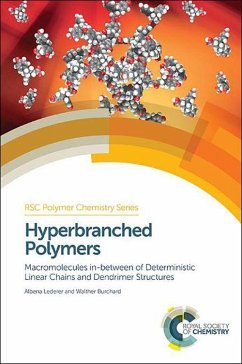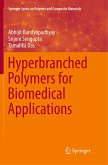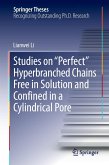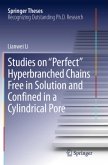There is great commercial interest in hyperbranched polymers from manufacturers of polymer formulations, additives and coatings, polymer electronics and pharmaceuticals. However, these polymers are difficult to characterize due to their very complex, multidimensional distribution and there is a great need to understand how to control their synthesis to obtain certain material properties. Hyperbranched Polymers is the first book to examine in detail the recent advances in hyperbranched polymers. Focusing on the structural characterization of hyperbranched polymers, the book summarizes the research in the field and makes a direct correlation between the chemical structure and global molecular properties. This correlation is essential for understanding the structure-properties relation and fills the gap between the synthetic advances and physico-chemical understanding of this polymer class. Written by acknowledged experts in the field, the book will appeal to both scientists working in fundamental research, as well as industrial manufacturers of dendritic polymers.
Hinweis: Dieser Artikel kann nur an eine deutsche Lieferadresse ausgeliefert werden.
Hinweis: Dieser Artikel kann nur an eine deutsche Lieferadresse ausgeliefert werden.








